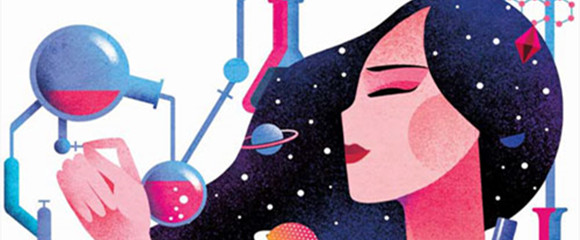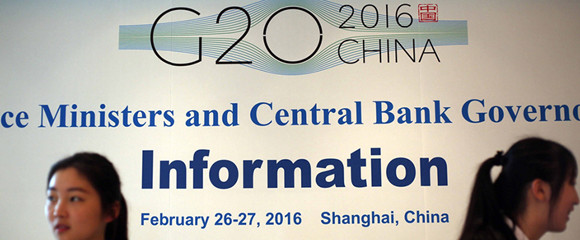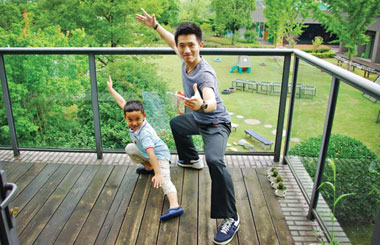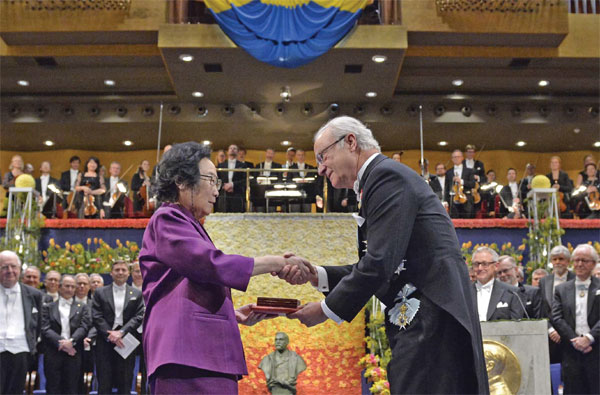Testing times
Updated: 2016-05-06 06:54
By Cheng Yingqi(China Daily Europe)
|
|||||||||
|
Nobel Medicine Prize co-winner Tu Youyou receives her medal from King of Sweden Carl XVI Gustaf during the 2015 Nobel prize award ceremony at the Stockholm Concert Hall on Dec 10. Photos Provided to China Daily |
"Any project leader will put the schedule first," she says. "If the research team doesn't have the extra funds to cover a researcher leaving for half a year, which is usually the case, a project leader will probably avoid recruiting a childless woman to the team in the first place."
Li, who was elected to the Chinese Academy of Sciences in December, has juggled her acclaimed scientific career with being a doting mother, but it has not been easy.
"It's like working two full-time jobs," she says. "I work from 8 am to 7 pm doing experiments, writing papers, applying for grants, teaching students and attending academic meetings and activities. And then I go home to take care of my daughter (now 19). I attended her school activities and took her on trips, and things have gotten tough when she's been sick. But, of course, I really enjoy my time with her."
Li is a rare case, though. According to estimates by Wang Zhizhen, a biophysicist and a fellow member of the CAS, women account for only 8 to 10 percent of China's science professors, and just 5 percent of principal investigators leading national-level research projects.
She says this is not because women are less competent or qualified, but because they tend to be more easily affected by social factors than men.
The situation of potential discrimination could be further compounded by the government's decision to ease its decadeslong family planning policy and allow all couples to have two children, Li suggests.
"Either female scientists have to cut their maternity leave short or the social insurance system needs to cover the costs; they're the only solutions to this problem," she adds.
Li Na, an assistant professor of electrical engineering and applied mathematics at Harvard University, says Chinese women in many professions face a similar dilemma. "All they can do is a make a decision based on their priorities," she says. "Some principal investigators just have to take the risk that they'll never be able to have children."
She proposes that the authorities cut maternity leave to three months, as well as make it easier for certain parents to use childcare services by offering subsidies.
Related Stories
Female patrol team seen at West Lake in Hangzhou 2016-05-03 10:45
Half the Sky talks up the need for more female artists in public spaces 2016-05-03 08:10
Chinese female writer nominated for Hugo Award for Best Novel 2016-04-28 11:09
China to have first batch of female pilots for 'flying leopard' fighter bombers 2016-04-20 09:26
Female cops combine warmth with strictness 2016-04-04 09:53
Today's Top News
London's mayor an exception to Muslim ban -Trump
EU anti-dumping moves may damage ties with China
Search widens for leading overseas professionals
60% of career women say no to second child: report
Testing times
Big hopes as China hosts the G20
Inspectors to cover all of military
Britons embrace 'Super Thursday' elections
Hot Topics
Lunar probe , China growth forecasts, Emission rules get tougher, China seen through 'colored lens', International board,
Editor's Picks

|

|

|

|

|

|








